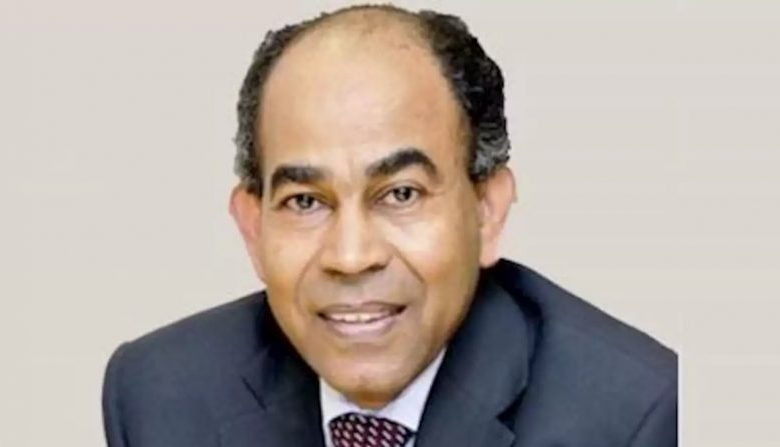Sudan… Features of the Post-War Map

By Othman Mirghani
They say, “Success has a thousand fathers, but failure is an orphan.” As soon as signs of victory appeared on the battlefield, the race began to secure seats in Sudan’s post-war political scene. This explains the widespread reaction to General Abdel Fattah al-Burhan’s speech earlier this week after receiving a roadmap for the next phase, presented by political and social forces already known for their support of the military even before the outbreak of the current war. Everyone is now realigning their positions and strategizing for the emerging landscape shaped by the army’s victories and its regained control over most of the country.
People focused more on Burhan’s speech than on the content of the roadmap paper submitted to him, which he said would be considered among other ideas for the next stage. His speech contained messages directed at multiple groups and reflected some of the emerging thinking about the upcoming arrangements for governance and its mechanisms.
The groups addressed in Burhan’s speech included the political forces that submitted the paper, Islamists and the National Congress Party (the former ruling party), the “Taqaddum” Coordination Group—now rebranded as “Smod”—and finally, the Rapid Support Forces (RSF).
Regarding the roadmap’s proponents, primarily from the “Democratic Bloc,” Burhan stated that they would be “an integral part of the complete victory in the country,” which suggests a guaranteed role for them in upcoming arrangements. Similar considerations may apply to other parties based on their stance on the war. For the opposing political forces accused of siding with the RSF, Burhan did not use the exclusionary rhetoric of the past but instead left the door open for those willing to “withdraw from the aggressors and align with the national cause.”
His message to Islamists and the National Congress Party was the most controversial. Burhan emphasized that this war is not an Islamist war and that no political faction should seek to exploit it for political gain. He made it clear that anyone fighting under a political banner should lay down their arms and step aside. This is not the first time army leaders, including Burhan, Shams al-Din Kabashi, and Yasser al-Atta, have stated that the war is not fought on behalf of a political faction. Everyone fighting alongside the army is under its command and is not regarded as representing a specific political ideology.
While Islamists were among the first to rally to the war effort, they were not alone. Volunteers from various ideological backgrounds, including some from the December Revolution youth, as well as politically unaffiliated individuals, joined the fight out of national duty and to resist those who had displaced them, looted their homes, and committed atrocities.
The army leadership has sought to maintain a distance from Islamists while leaving the door open for them to participate in future elections, even under the National Congress Party’s banner if they wish. The proposed national dialogue framework is intended to be inclusive, allowing all political, civil, and societal forces to participate without exclusion.
The final message in Burhan’s speech was directed at the RSF. It was not conciliatory; rather, it reaffirmed the rejection of negotiations and the commitment to military action until the RSF is completely defeated or agrees to withdraw from its remaining strongholds in West Kordofan and Darfur, concentrating its forces in designated camps.
With the shifting military landscape, attention is now turning toward post-war arrangements, which are expected to span four years. The first phase will focus on completing military operations, facilitating Sudanese national dialogue, and launching reconstruction efforts. This will be followed by a transitional phase preparing for the next elections. While Burhan has opened the door for all to participate in the national dialogue, he has explicitly ruled out political involvement in the government during both the foundational and transitional periods, insisting that it be led by technocrats.
War-weary Sudanese citizens do not want to see the political wrangling that plagued the last transitional period and contributed to the tensions that led to war. Their priorities are security, food, medicine, restoring normal life, and rebuilding after the massive destruction. Achieving these goals requires flexibility from all military, political, and civil actors to reach a consensus that ensures stability. Instead of perpetuating cycles of exclusion, Sudan’s leaders must work toward an inclusive formula that guides the country to safety.



